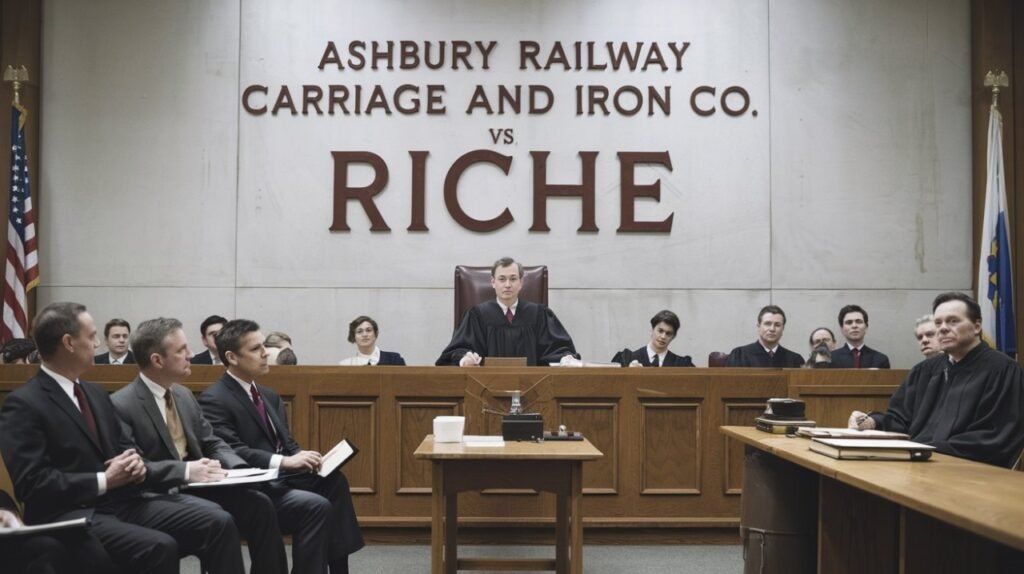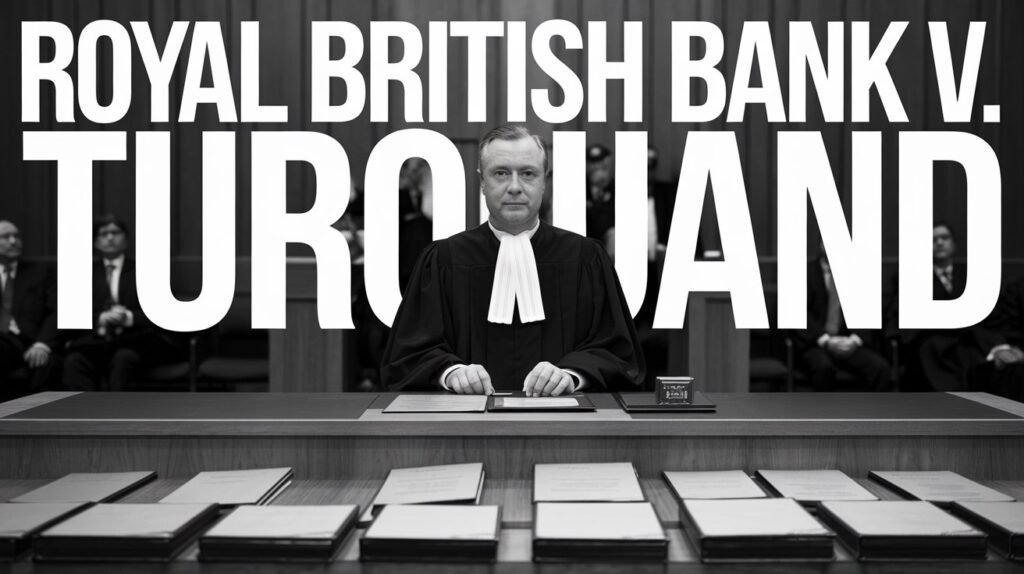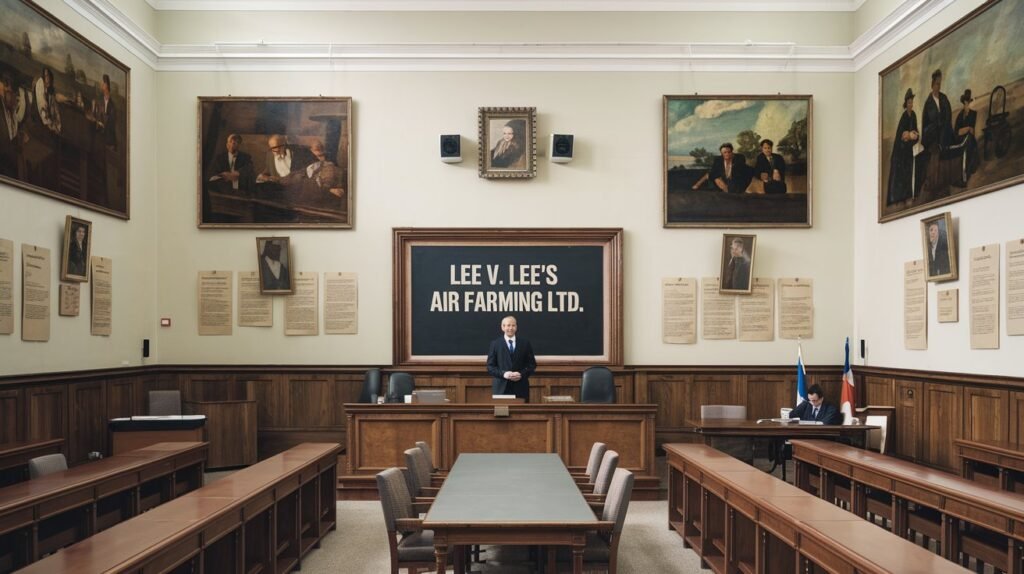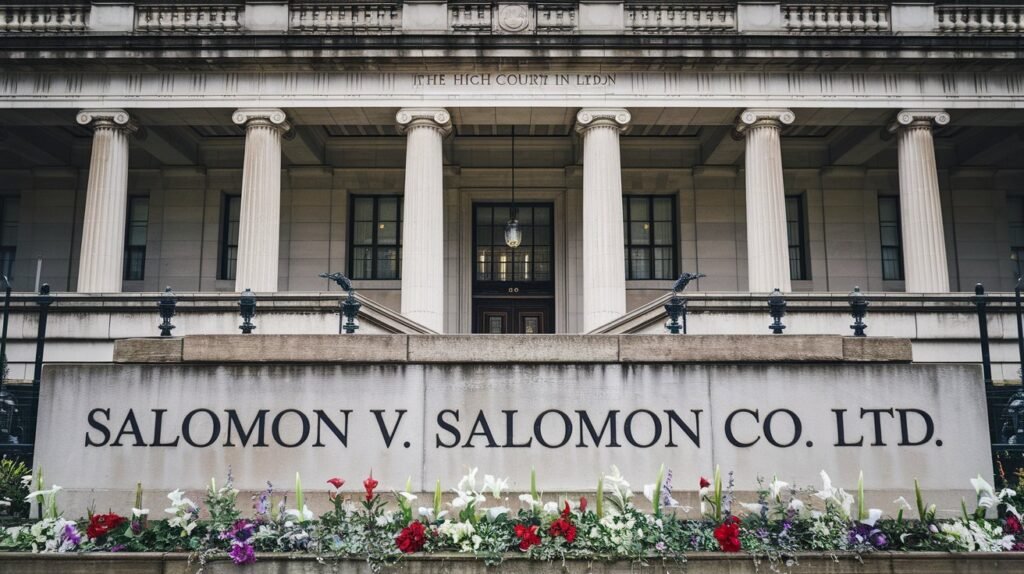Salomon v. Salomon (Case Summary)
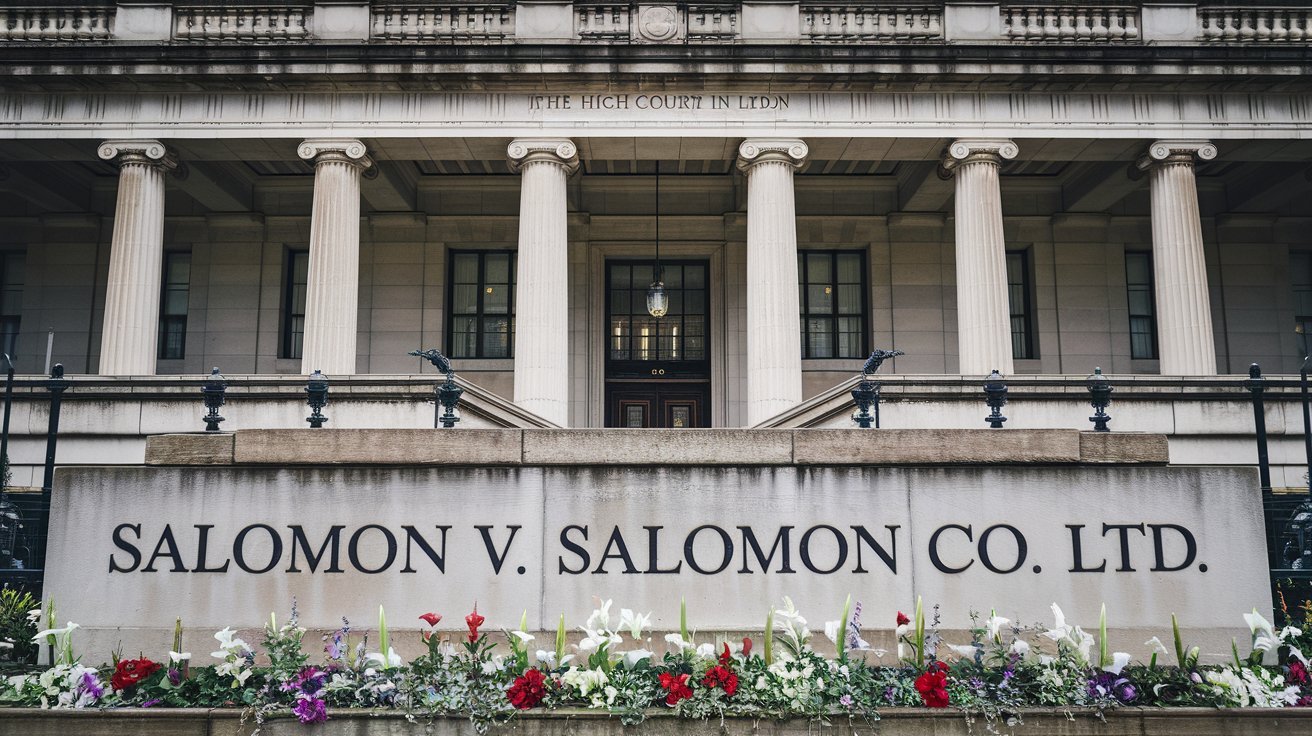
This landmark ruling of 1897 the English court helped to establish the notion of separate legal entity. The case established that a company is a separate legal entity and is different from its shareholders and other members.
Table of Contents
ToggleFacts of Salomon v. Salomon
- Salomon, a sole proprietor, transferred his business of boot manufacturing to a company Salomon co. Ltd. The members of the company were Salomon and his family members.
- Salomon advanced some loans to the company in the form of debentures being a secured creditor.
- Later, the issue arose when the company started facing financial hardships, the company became insolvent and went into liquidation.
- Mr. Salomon claimed his money as a creditor from the liquidation process being a secured debenture holder making his claim stood prior to the unsecured creditors of the company.
- It was alleged that the company was a sham and was just an agent of Salomon. Furthermore, salomon being the Principal shall be made liable personally.
Issues framed
- Whether the majority shareholder can be made liable for the debts of the company?
Judgment of Salomon v. Salomon
Subordinate court judgement: At first, the lower court held that the incorporation of this company was contrary to the company law principles and salomon was made liable personally towards the debts of the company as the principal of the company.
Judgemnt of the Present case: Upon Appeal, the house of lords reversed the findings of the lower court. The court held that the company was duly incorporated in compliance with the Companies Act that gives the company an independent legal existence and a corporate personality on its own.
The court held that due to the existence of a corporate veil, salomon even after being the majority shareholder can not be held liable personally for the acts of the company.


